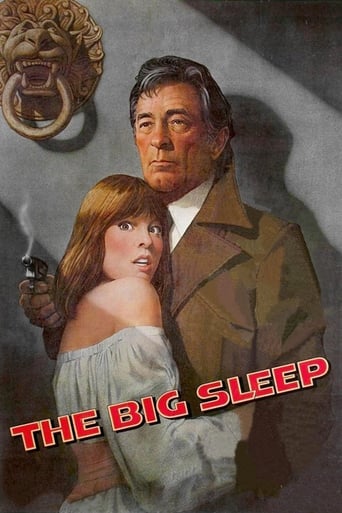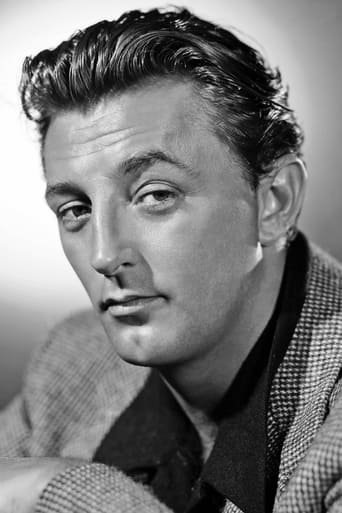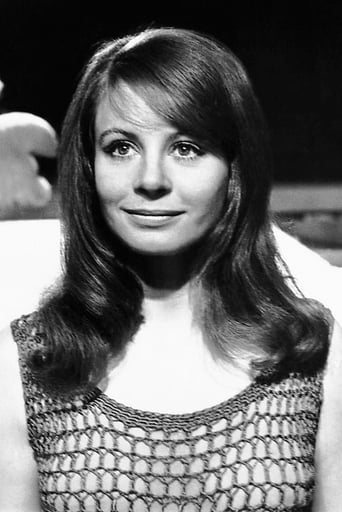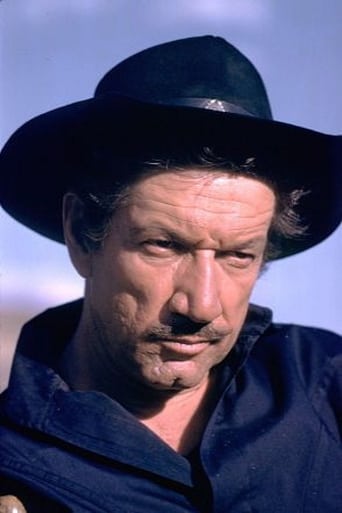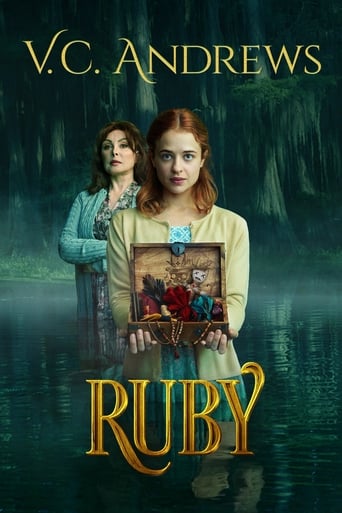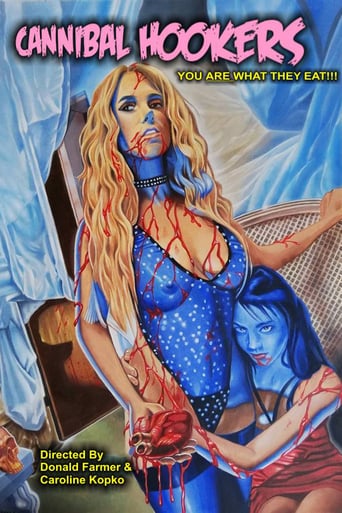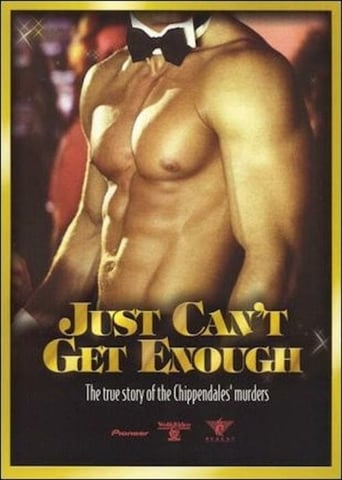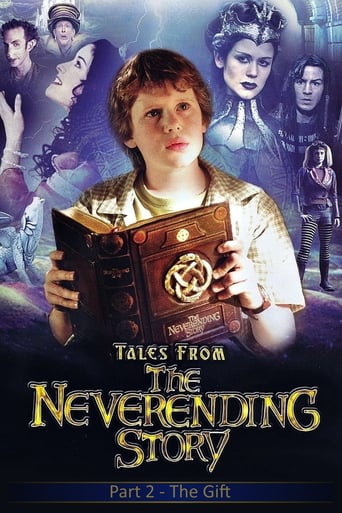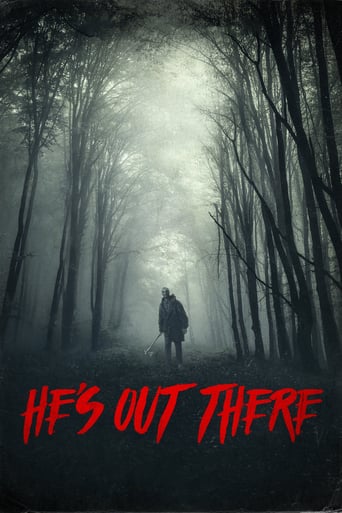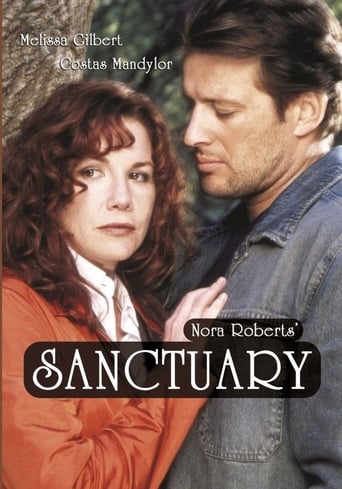The Big Sleep (1978)
Private eye Philip Marlowe investigates a case of blackmail involving the two wild daughters of a rich general, a pornographer and a gangster.
Watch Trailer
Cast


Similar titles
Reviews
Good movie, but best of all time? Hardly . . .
Excellent, Without a doubt!!
In truth, there is barely enough story here to make a film.
I enjoyed watching this film and would recommend other to give it a try , (as I am) but this movie, although enjoyable to watch due to the better than average acting fails to add anything new to its storyline that is all too familiar to these types of movies.
If you liked Ryan's Daughter, you have to rent The Big Sleep, which reunites Robert Mitchum, Sarah Miles, and John Mills! Each of them are exactly the opposite of how they were in David Lean's Irish classic, which is pretty funny. Sarah can't stop trying to seduce Bob, John is the police chief, and Bob has no problem getting his hands dirty in the sleazy part of town.In this remake of the Humphrey Bogart detective classic, the studios took full advantage of the lack of a production code. While in 1946, the younger sister is always fully clothed and is photographed in skimpy dresses, in 1978, all bets are off. Candy Clark and Sarah Miles frequently wear see-through dresses without undergarments, and Candy is shown repeatedly shown nude. Much of the plot involves the selling and photographing of pornographic images, and the violence is much more graphic. But hey, that's what remakes are for!Robert Mitchum takes the lead as Detective Phillip Marlowe, and his narration is a classic throwback to the original. There are still some scenes that are remarkably similar to the original, like requesting first editions in the bookstore and drinking with the General in the greenhouse, but much of it is different due to the lack of censorship. It was a little sad to see James Stewart playing the General, since he was very frail and elderly looking. Bob looked great, though, with waves in his hair and his ram-rod posture showing the screen who's boss.In the end, it was the girls who ruined this movie for me. Sarah Miles and her sister Candy Clark were positively revolting, and not just because they sported 1970s 'dos and digs; Candy played an insane woman, and Sarah wasn't that far behind her. Their seduction tactics were, to me, disgusting, but I had the feeling they were supposed to be appealing in the film. They were trying far too hard, in my opinion. And they needed better haircuts.DLM Warning: If you suffer from vertigo or dizzy spells, like my mom does, this movie might not be your friend. The opening and closing credits are shown over a first-person driving sequence, and the bumpy ride might make you sick. Also, there's a scene where Robert Mitchum is tied to a chair and falls over; the rest of the scene is filmed from sideways or upside-down camera angles. In other words, "Don't Look, Mom!"Kiddy Warning: Obviously, you have control over your own children. However, due to graphic nudity and violence, I wouldn't let my kids watch it.
"The Big Sleep", re-located from 1940s Los Angeles to 1970s Britain. An impeccable cast cannot overcome the fact that this is really a rather lackluster production. It is not that this is a bad film. It is simply that, despite the color cinematography, this version comes off as pale and bland in comparison with Howard Hawk's superb black-and-white 1946 version.
The patrician bearing of Mitchum, the venerable Jimmy Stewart, the late Sir John Mills, and the intense magnetism of Oliver Reed provide the star quality to this breathless, over-paced adaptation of The Big Sleep. It is backed by (some of) Chandler's masterful writing, yet not enough. For balance, Joan Collins provides gormless mediocrity. The British setting does add a peculiar air that sits oddly with the novel. Director Michael Winner does not let the pace -and audience- relax and breathe to develop tension and to enjoy the performances from the good actors - you may notice it feels like like a collection of first or second takes made quickly.Winner wrote the screenplay. Perhaps they were on a tight budget and couldn't afford Elmore Leonard, Ed McBain or some such, but it shows in the great liberties and clumsy re-writing of parts of the novel. Marlowe's office is too modern, whereas his apartment is too fusty and British. In his apartment he has a television - he does not seem like the kind of character who would bother with television.Good to see so much talent in this feature, though they're phoning in their performances at times, with the exception of the ever-enjoyable Reed, delivering his clipped lines like a baleful pressure cooker. Stewart is under-used, feeling like an extended cameo, Mitchum looks bored or impatient. The film lacks the grit or weariness to make it more than it could have been. The character of Carmen (Camilla) Sternwood is silly and bratty rather than nubile and tantalising, even as the curiously neuter portrayal of her sister will inevitably be compared to Bacall's sizzle.The key opening first chapter with a voice-over by Mitchum feels perfunctory - the initial -and vital- first scene fails to evoke the dusty, Gothic atmosphere of the Sternwood house as successfully as in the Bogart/Bacall version.Something of a Curio for Chandler or Mitchum complete-ists then, perhaps?
At first glance, it's easy to shriek in horror at the idea of Michael Winner trying his hand at a Philip Marlowe film. The whole concept becomes even harder to swallow when one realises that the action has been updated/relocated to 1970s England. But if you give this remake of the famous Raymond Chandler novel (most famously filmed in 1946 with Humphrey Bogart) a chance, it has its moments. Not many, admittedly, but enough to deserve a viewing at any rate. And any film with a cast that includes the likes of Robert Mitchum, James Stewart, Oliver Reed, Richard Boone, Sarah Miles, Edward Fox, Joan Collins, John Mills, Richard Todd and Harry Andrews carries the inevitable curiosity value associated with seeing so many stellar names in one flick.American private eye living in England, Philip Marlowe (Robert Mitchum), is hired by a wheelchair bound old man, General Sternwood (James Stewart), to solve a blackmail problem. It seems that the general has a couple of wild and irresponsible daughters, the youngest of whom, Camilla (Candy Clark), has got herself into pornographic photography that could prove embarrassing to her father's reputation. Another thread is added to the mystery when the general mentions that the older daughter, Charlotte (Sarah Miles), was married to a guy named Rusty Regan who has recently disappeared without trace. Marlowe is officially being paid to sort out the blackmailing problem, but he senses that the general is much more interested ultimately in learning what happened to his much-appreciated son-in-law Rusty. The long and tortuous trail leads Marlowe to a photographer (John Justin) and a crooked book-keeper (Edward Fox), both of whom are murdered for their troubles, and finally to a casino owner called Eddie Mars (Oliver Reed) who seems to hold some sort of dirty secret linked to the Sternwood daughters. After much violence and death, Marlowe finally gets to the bottom of the mystery but fears the truth might be too harmful for the ailing general to take.Mitchum is good as Marlowe, though perhaps not quite as good as he was a few years earlier in the excellent Farewell My Lovely. Some of the stars in the cast play it rather indifferently, while others are given preposterously little screen time to do anything with their parts. Reed does pretty well as Eddie Mars, Stewart has two well-acted scenes as the general, and that ubiquitous character-actor Harry Andrews adds another solid role to his oeuvre as the Sternwood family butler. Easily the worst of the key players is Sarah Miles, hopelessly wrong as the nymphomaniac Charlotte. The '70s English setting results in a lack of noirish atmosphere and is a further element of the film that doesn't really work. Winner directs adequately, but rather overdoes the flashy camera angles and zoom-ins. On a more positive note, Jerry Fielding's score is quite good and adds tension to scenes that might otherwise have been lacking. On the whole, The Big Sleep is a remake that never threatens to rival its predecessor, nor its source novel, but it does have occasional redeeming features for those in an undemanding mood.

